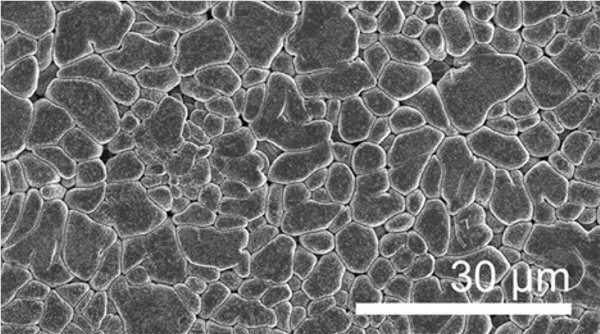Prof. Matthew McDowell's Lab
Georgia Institute of Technology
Vision
Our research goal is to understand how materials behave and transform in real-life environments within energy storage devices, which will enable us to engineer improved materials for better performance.
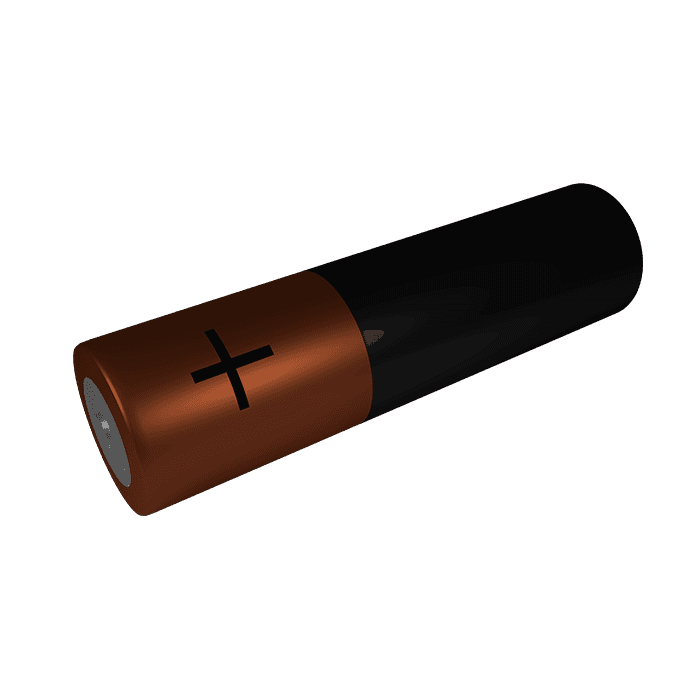
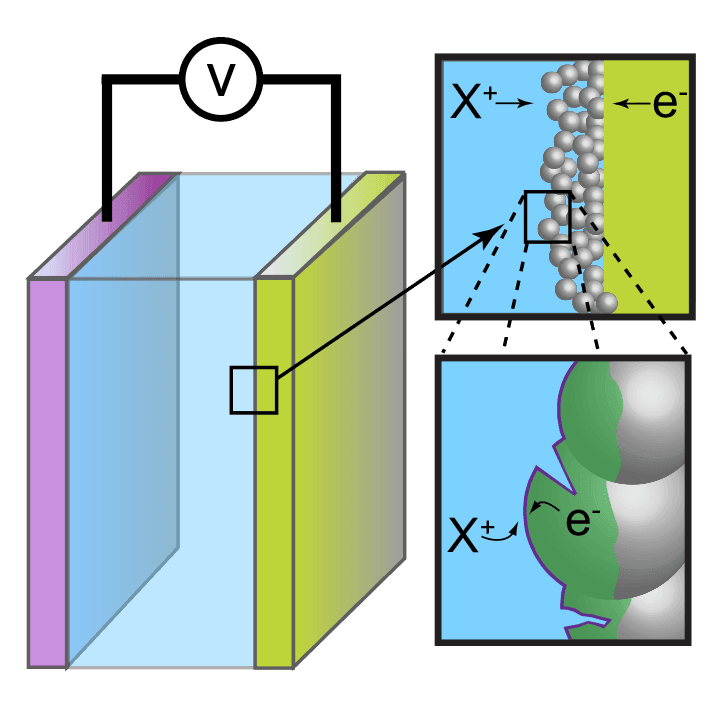
The importance of observing dynamic processes
In energy storage devices, mass/electron transport, high temperatures, and reactive environments are the norm. Materials in these systems are not static; instead, they often change, transform, or degrade in response to these operating conditions.
Our research group focuses on using in situ experimental techniques to probe materials transformations under realistic conditions, and we seek to understand how these changes influence properties. These fundamental scientific advances guide the engineering of materials for breakthrough new devices.
Students and other researchers in the group synthesize materials, analyze their properties, and utilize a variety of in situ characterization methods to understand dynamic structure and chemistry. This information is then understood in the context of the material’s behavior within devices.
Current Projects
1. transformation and degradation mechanisms in next-generation battery materials
Next-generation batteries require materials with higher charge storage capacity, or they require the development of new materials for entirely new battery systems beyond lithium-ion (for example, sodium-ion or multivalent batteries). The reaction and phase transformation mechanisms of new materials determine how much charge they can store and how long they last within batteries.
It is critical to understand these reaction mechanisms across multiple length scales (from the atomic scale to the mesoscale) within battery electrodes. We use powerful in situ experimental techniques, including X-ray tomographic imaging, electron microscopy, and other methods, to reveal structural, chemical, and morphological transformations in real time.
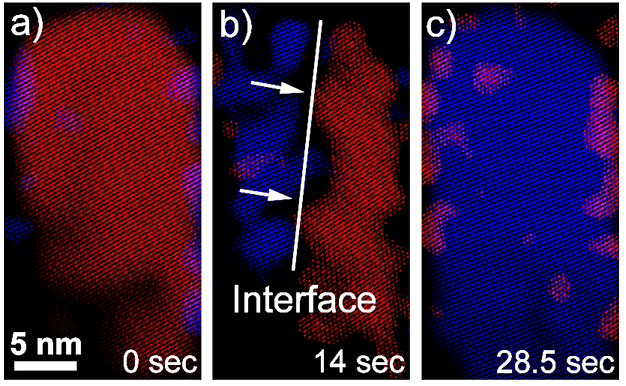
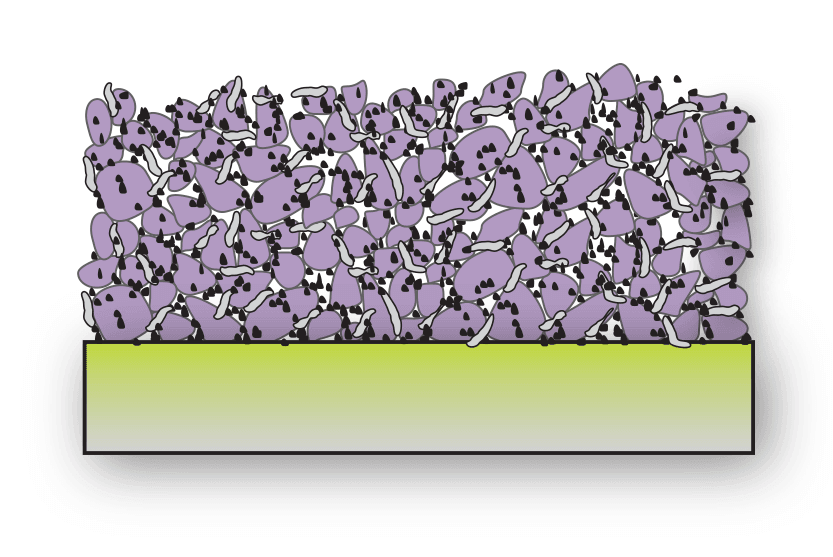
2. understanding interfaces in solid-state batteries
Solid-state batteries could be safer and have higher energy density than Li-ion batteries. However, chemical and structural instabilities at interfaces between solid-state electrolytes and electrode materials limit performance. Our group is working on understanding the evolution of interfaces between electrodes and solid electrolyte materials in solid-state batteries. With this knowledge, we are also designing new materials for solid-state batteries with improved performance.
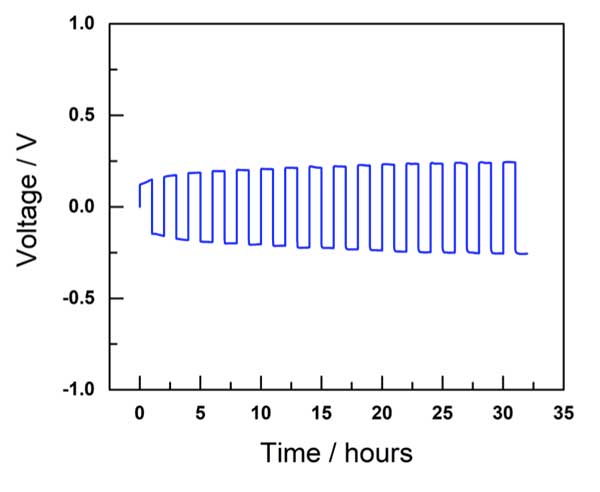
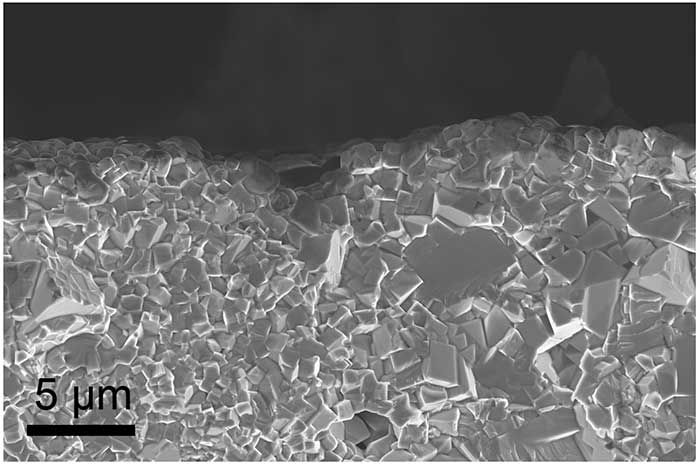
3. Sustainable materials for batteries
We are investigating and developing a variety of new materials for battery systems that are more sustainable, lower cost, and have improved energy storage properties. We are investigating their use in multiple battery technologies, including lithium-ion batteries, sodium-ion batteries, and grid-scale energy storage (flow batteries).
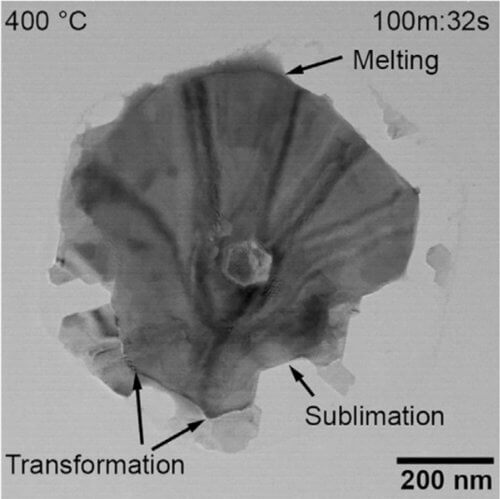
4. Low-temperature batteries
Our group is understanding and developing high-capacity electrode materials for use at low temperatures beyond that which is possible with conventional Li-ion batteries. This work could be important for spaceflight, electrified aircraft, and other applications involving extreme environments.
